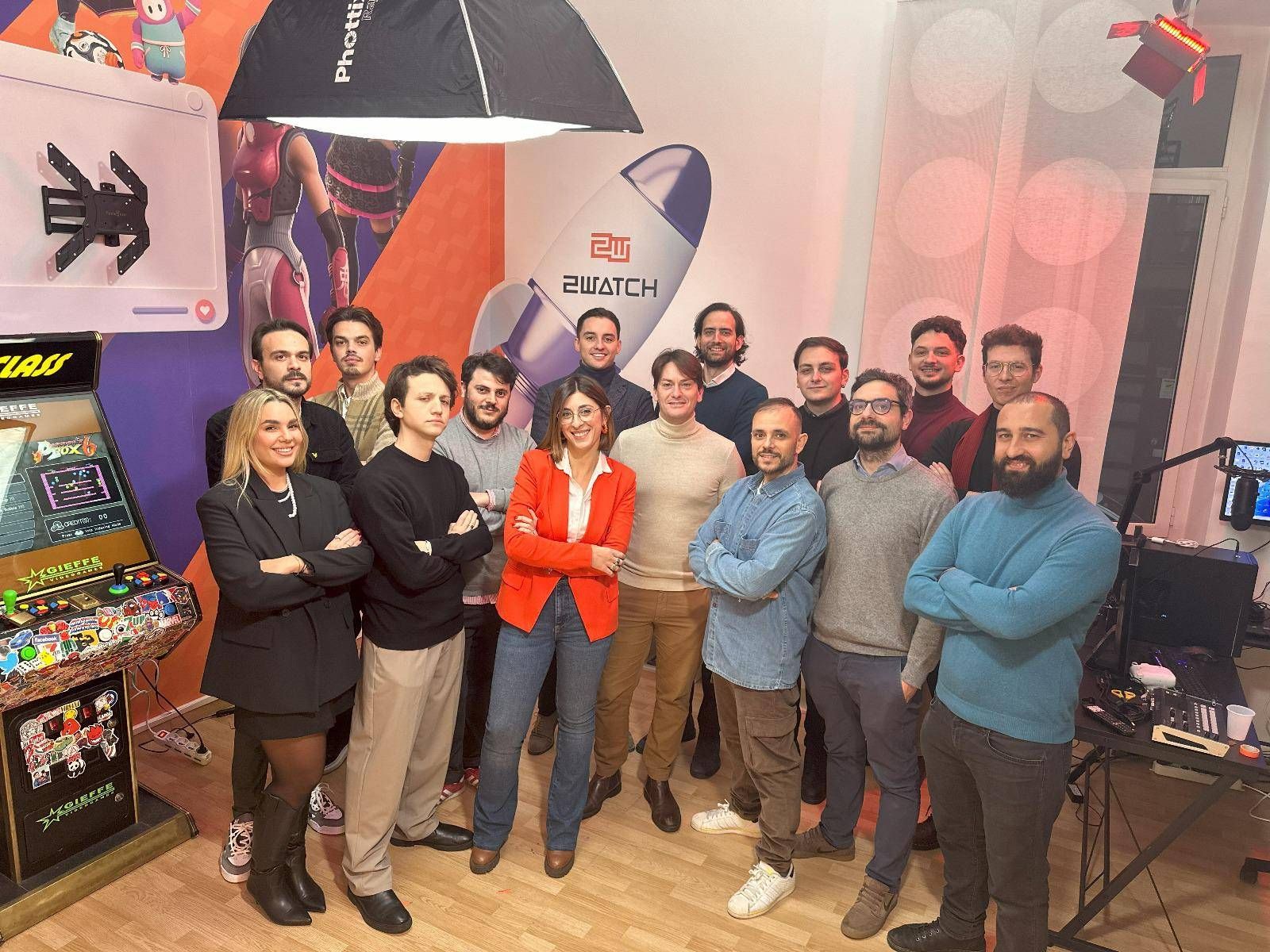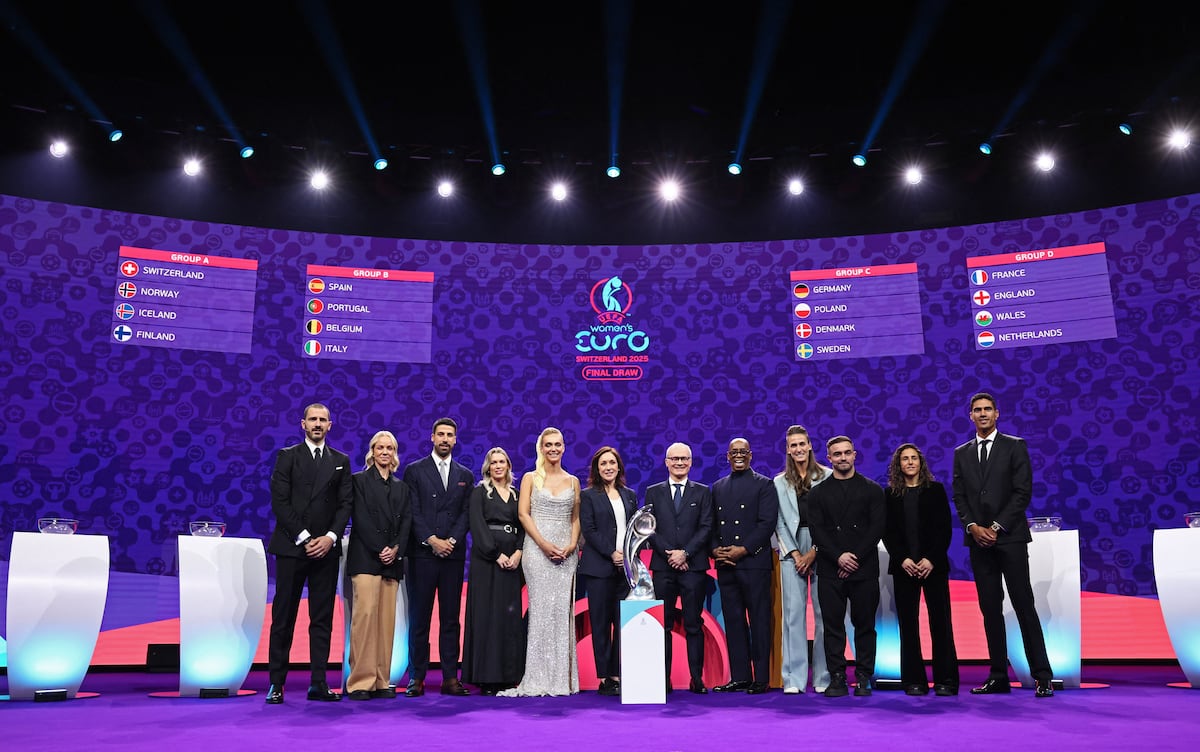The “Mercury Consortium” represents an ambitious initiative involving some of the main players in the global energy sector in a joint commitment to the adoption of clean energy technologies. The collaboration, launched in Palo Alto and London on December 10, 2024, iincludes over twenty founding companies including well-known names such as Octopus Energy, Kraken, EDF Energy, E.ON Next, Amazon Web Services and Oracle.
Designed and developed by Kraken, a technological platform owned by Octopus Energy, the project is inspired by the important role played by Ericsson in the development of Bluetooth standards, aiming to create an equivalent for low-emission technologies. The initiative is managed by the Electric Power Research Institute (EPRI), an independent, non-profit organization dedicated to promoting clean, affordable and reliable energy.
The “Mercury Consortium” aims to establish guidelines and best practices to facilitate rapid and widespread adoption of innovative solutions such as electric vehicle charging, heat pumps, solar panels, smart thermostats and home batteries. These efforts aim not only to improve the resilience and efficiency of energy networks but also to promote a transition towards a more sustainable energy future.
The consortium, open to manufacturers, technology providers, regulators and other institutions, is committed to defining common standards that ensure the full compatibility of low-carbon devices with the network, regardless of brand. This will help strengthen consumer confidence in the transition to more sustainable energy and increase the global adoption of these technologies. In 2023, consumers around the world invested $184 billion in low-carbon technologies, and by 2030, the use of more than 200 million devices is expected to help significantly reduce global emissions.
The consortium’s founding members include major utilities such as AusGrid, Con Edison, and Tokyo Gas, as well as manufacturers such as Enphase Energy and Mobilize (Renault Group), and technology providers such as Amazon Web Services and Oracle. The goal of interoperability, similar to the functionality of Bluetooth, will allow better management of the energy flow from generation to consumption, contributing to a more responsive and flexible energy system.
Giorgio Tomassetti, CEO of Octopus Energy in Italy comments: “Last October we announced Project Mercury, the first step towards interoperability in the energy sector, a fundamental factor in promoting synergy between all the intelligent devices we use and will increasingly use in our homes. The Consortium represents a further step forward to promote the adoption of clean energy technologies and create a global standard that improves people’s lives and reduces energy spending, and we hope that more and more operators and institutions will decide to accompany us on this journey.”
Arshad Mansoor, President and CEO of EPRI, commented: “The ability of technologies to integrate seamlessly, communicate effectively and perform their tasks is fundamental to a modern energy system. Developing best practices to better integrate cutting-edge technologies could help increase the use of low-carbon energy, build a more sustainable future, and accelerate the pace of Net Zero emissions by mid-century.”
Amir Orad, CEO of Kraken, added: “The prestige of the partners who join us in the Mercury Consortium highlights the importance of the mission ahead. This is a call to innovators around the world: let’s work together to accelerate the energy transition. Smart technologies and devices already make our lives wonderful, let’s help them talk to each other to do the same with our energy system and make it more available and affordable.”










